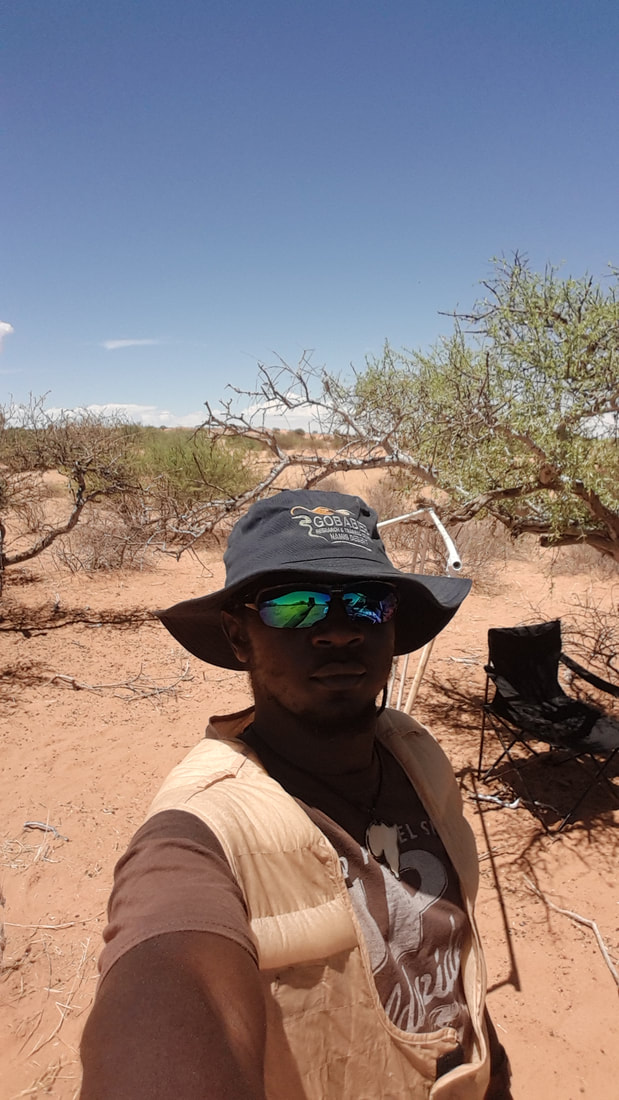Ecohydrology is the study of the interactions between organisms and their hydrological environment.
What are your undergraduate and graduate degrees in?
BSc Honors in Agriculture – Soil Science, University of Zimbabwe (Zimbabwe)
MSc in Conservation Ecology, Stellenbosch University (South Africa)
PhD in Applied Earth Science from Indiana University (Indianapolis)
How did you arrive at working in/thinking about ecohydrology?
I volunteered for an internship in the Central Namib Desert, Gobabeb Research Centre. In this hyper-arid environment, water availability and ecosystem productivity are tightly coupled making it impossible to study one component without thinking of the other. This was my introduction to dryland ecohydrology which was then further reinforced by my graduate studies which focused also on dryland ecohydrology.
What do you see as an important emerging area of ecohydrology?
The application of stable isotopes to ecohydrological studies. Stable isotopes can be powerful tools that can reveal a lot about ecohydrological processes. They have already started changing the way we think about evapotranspiration and groundwater recharge or streamflow, ecohydrological separation. Combining stable isotopes with other traditional approaches to ecohydrology is thus quite an interesting avenue for me. At the same time, one cannot ignore the potential role for big data in not only ecohydrology but other sciences as well.
Do you have a favorite ecohydrology paper? Describe/explain.
Without a doubt, Noy-Meir, Imanuel. "Desert ecosystems: environment and producers." Annual review of ecology and systematics 4.1 (1973): 25-51. This paper got me interested in how ecology is connected to hydrology within drylands. It highlights ecohydrological processes that we are still trying to understand to this day and is an enjoyable read that’s still relevant to this day.
What do you do for fun (apart from ecohydrology)?
I enjoy hiking, going to the beach and a game of tennis once in a while. Although I no longer play rugby, I am still a huge fan and had a great time watching the just ended 2019 World Cup. Although the All Blacks didn’t win, I’m glad the my second favorite, Springboks were crowned the world champions.

 RSS Feed
RSS Feed